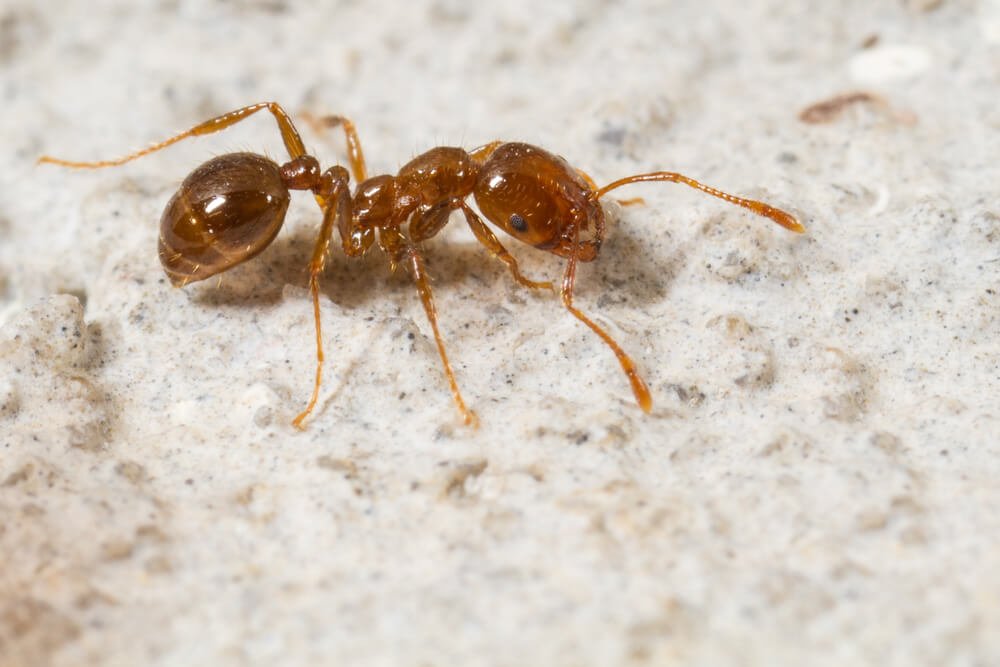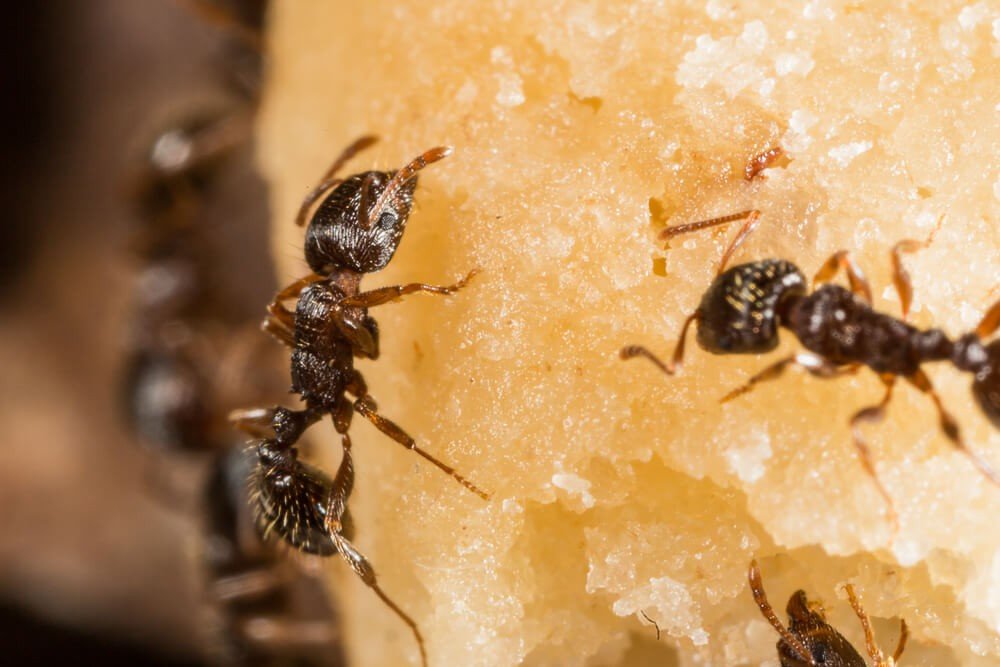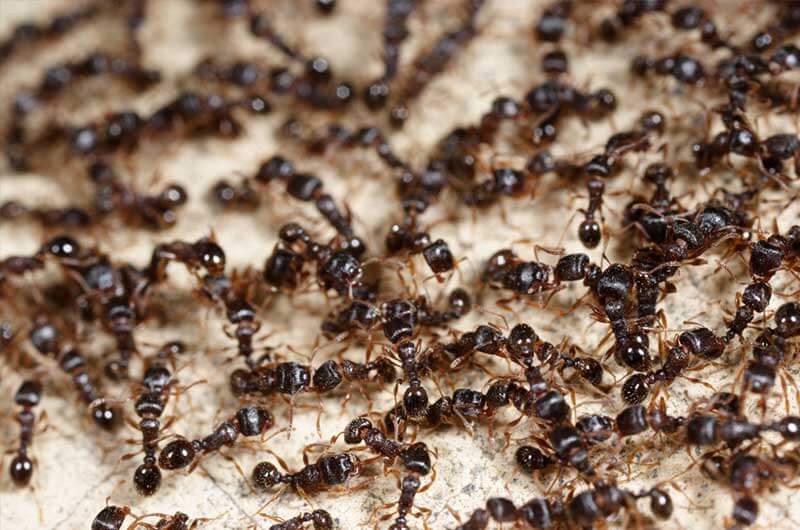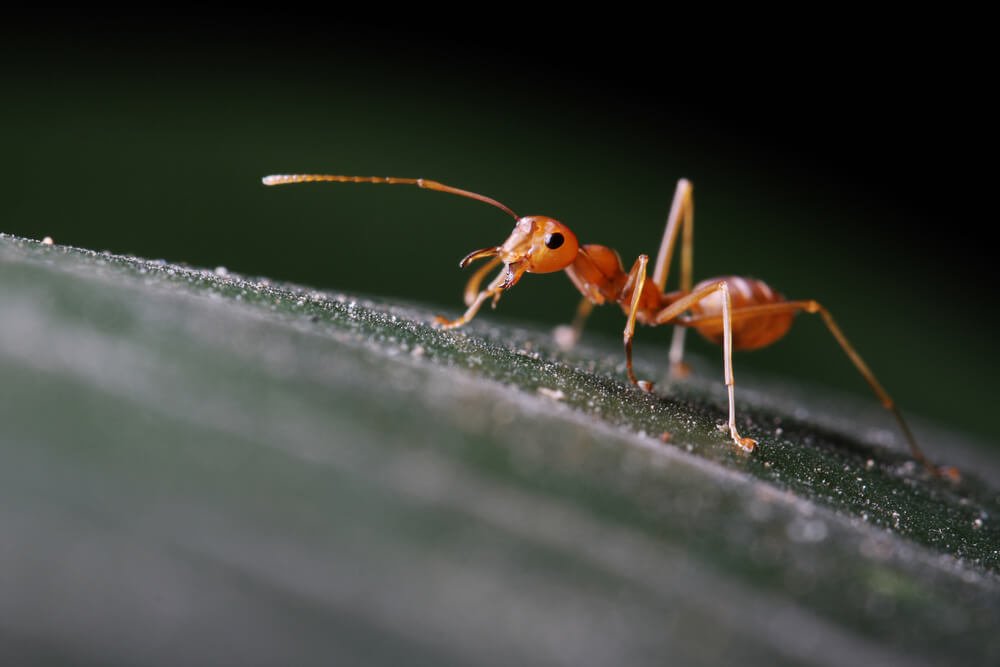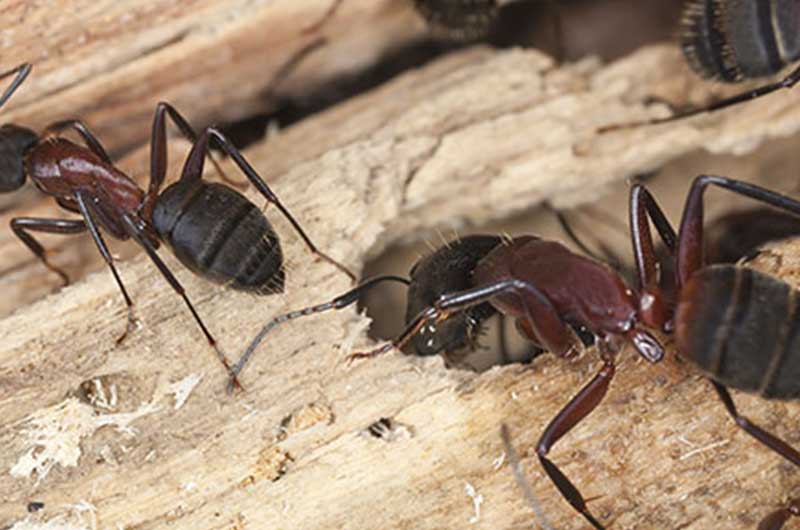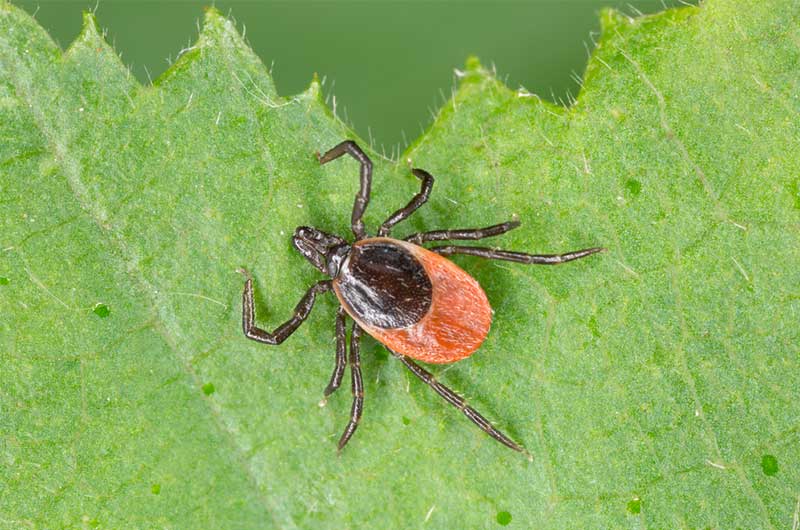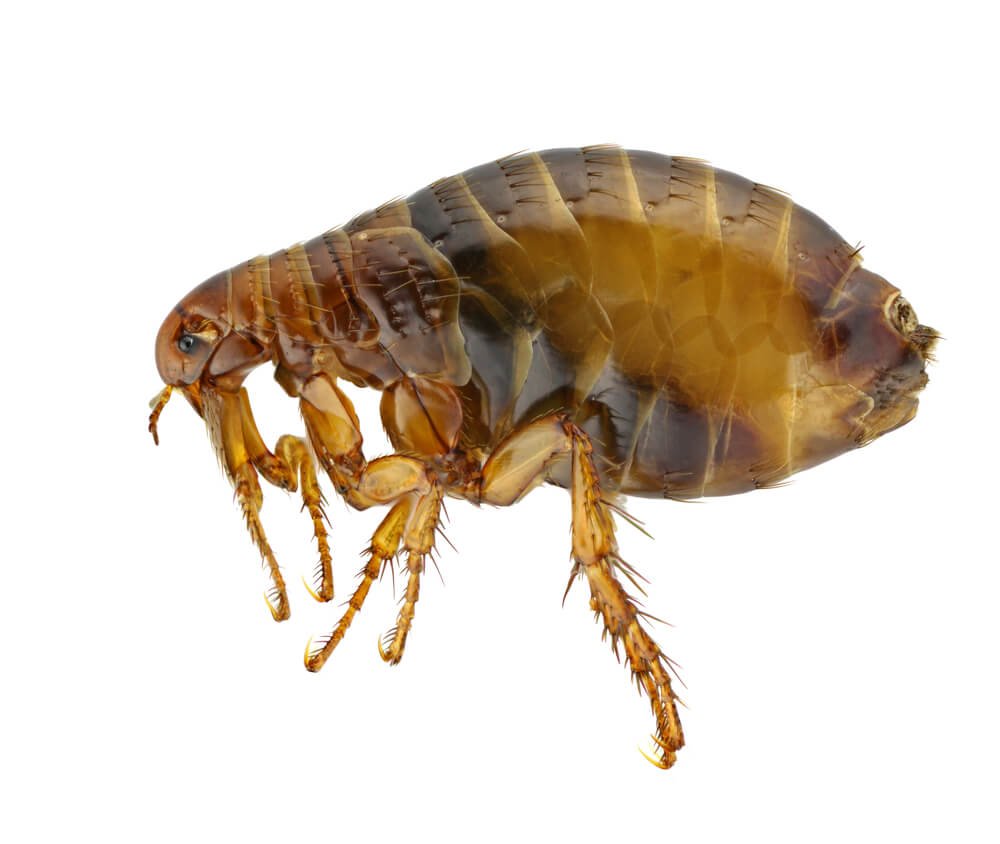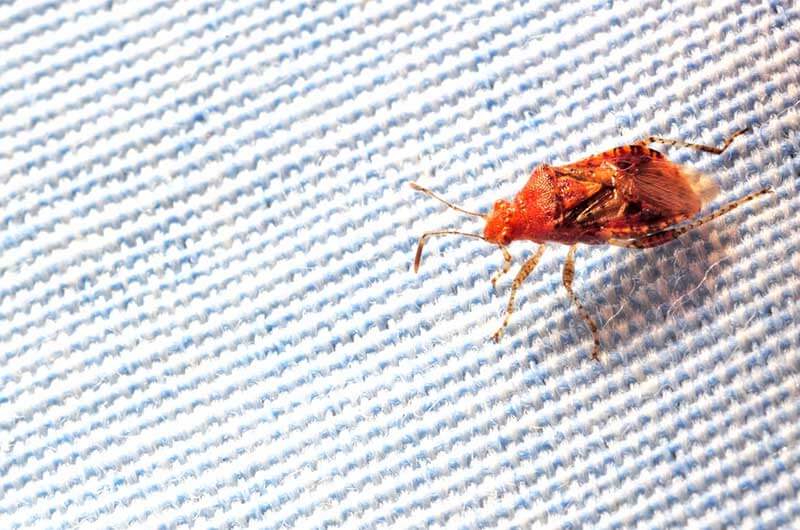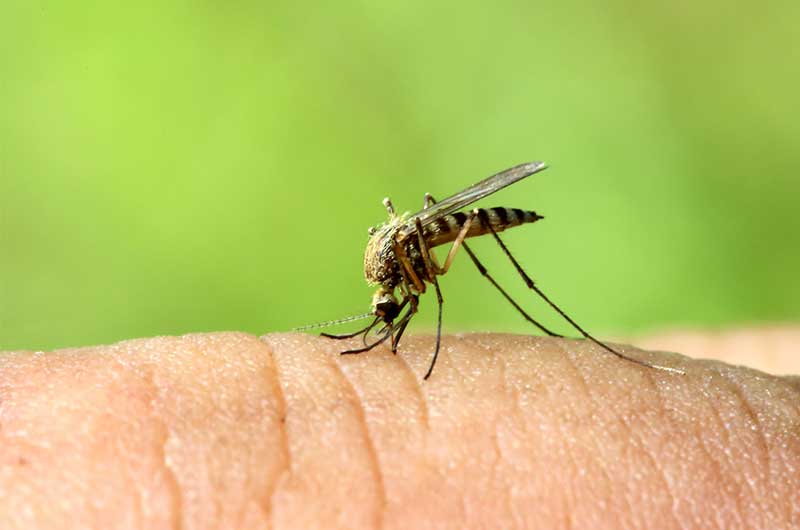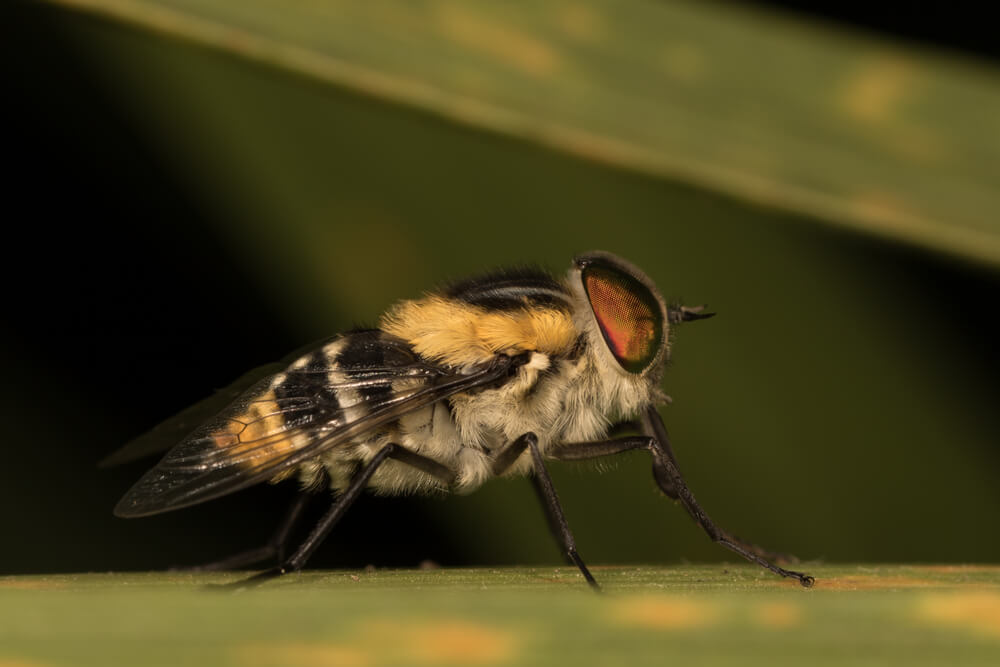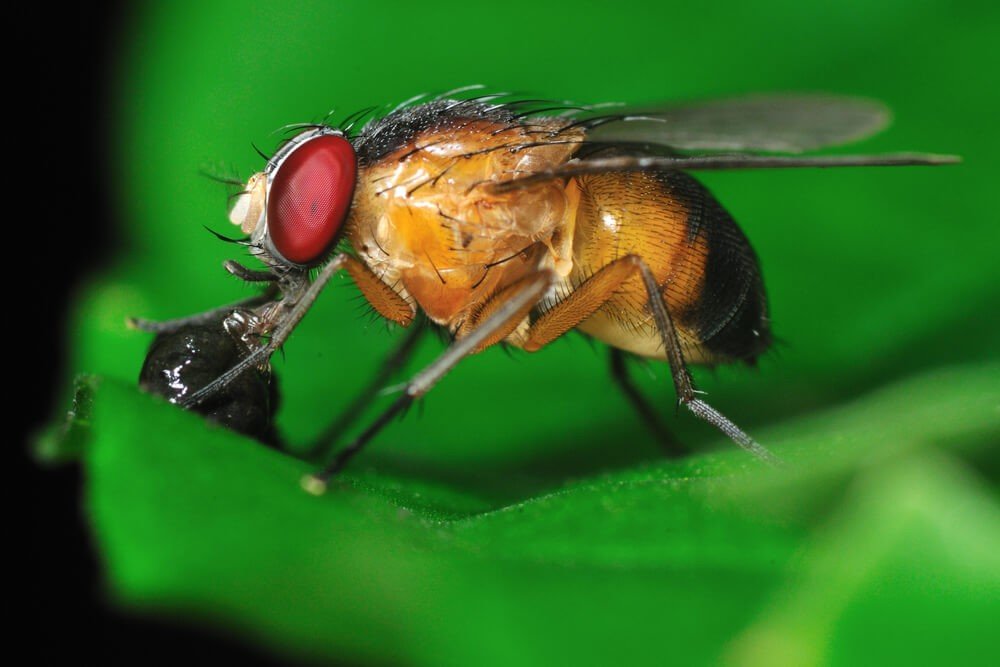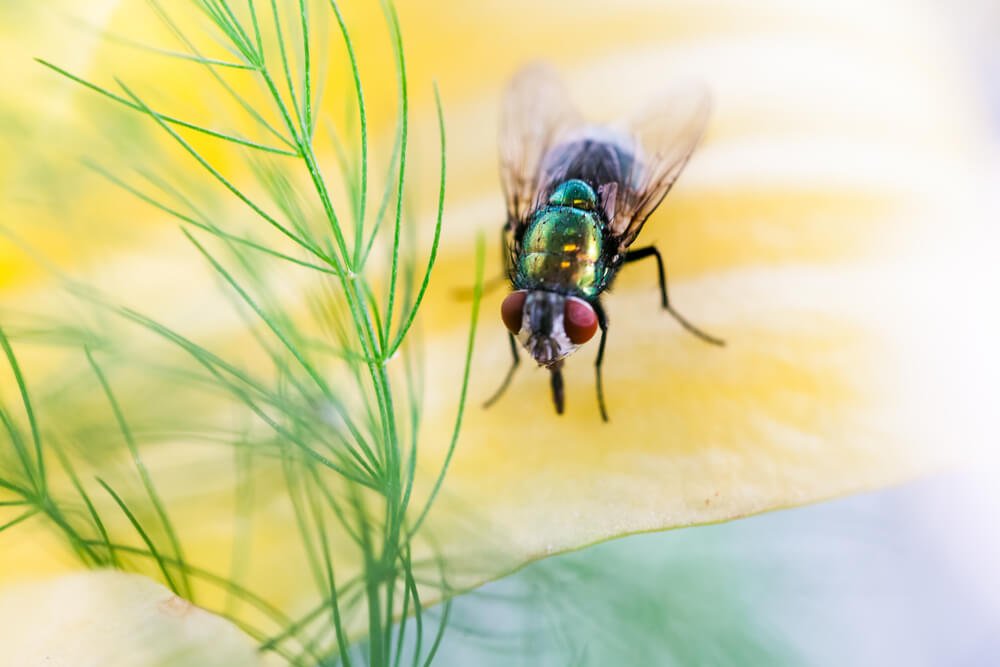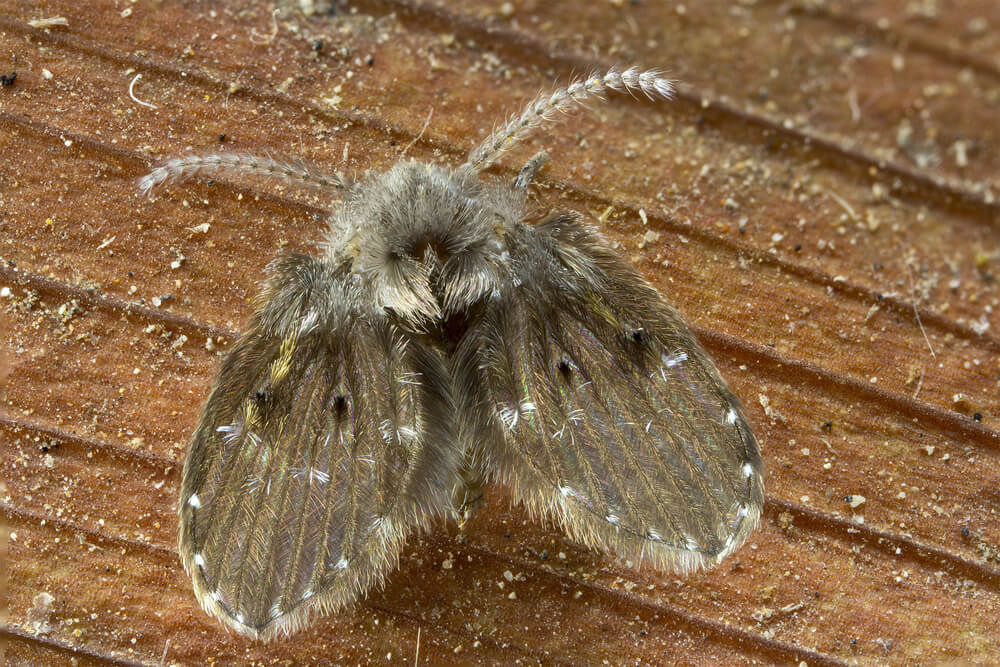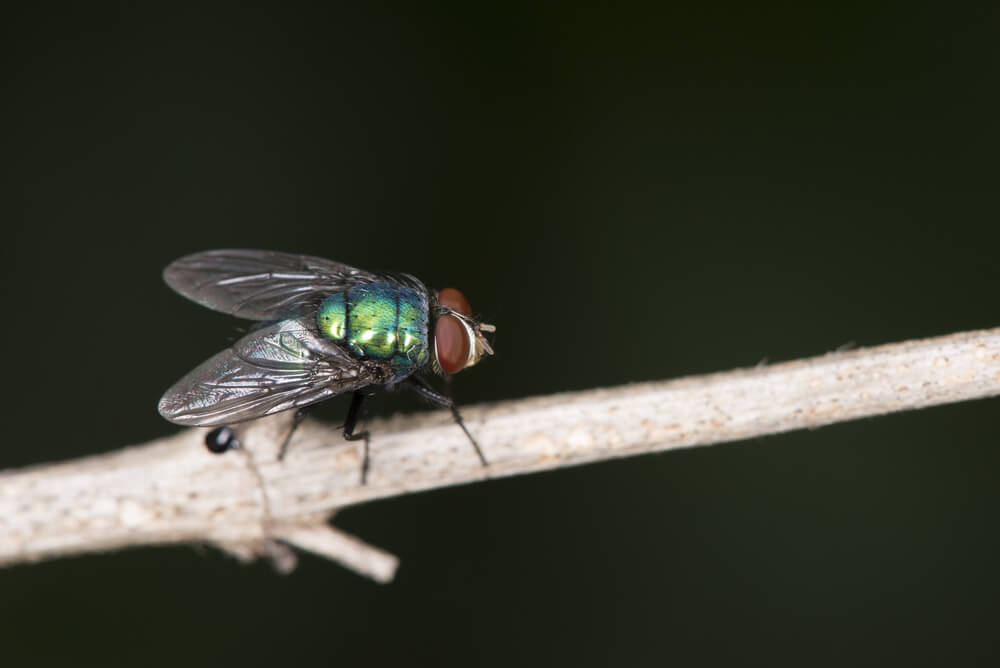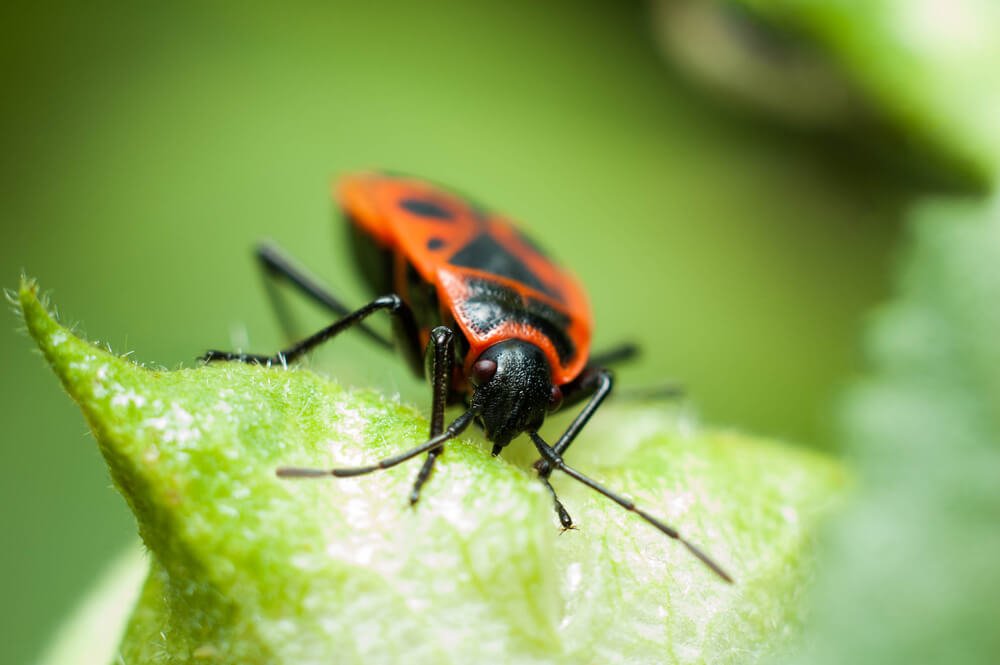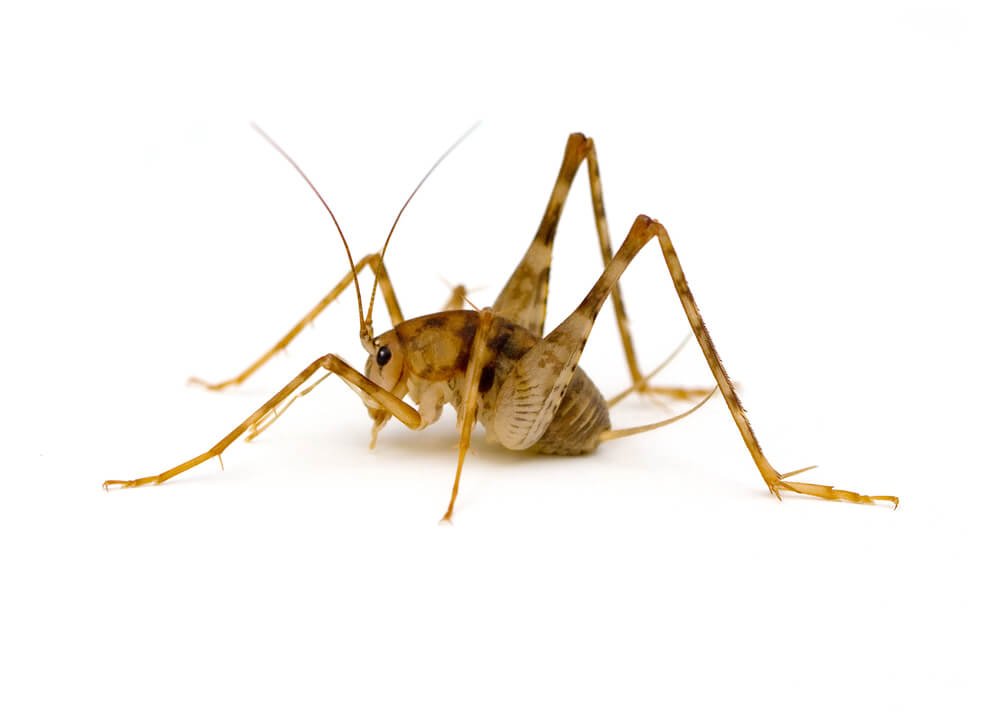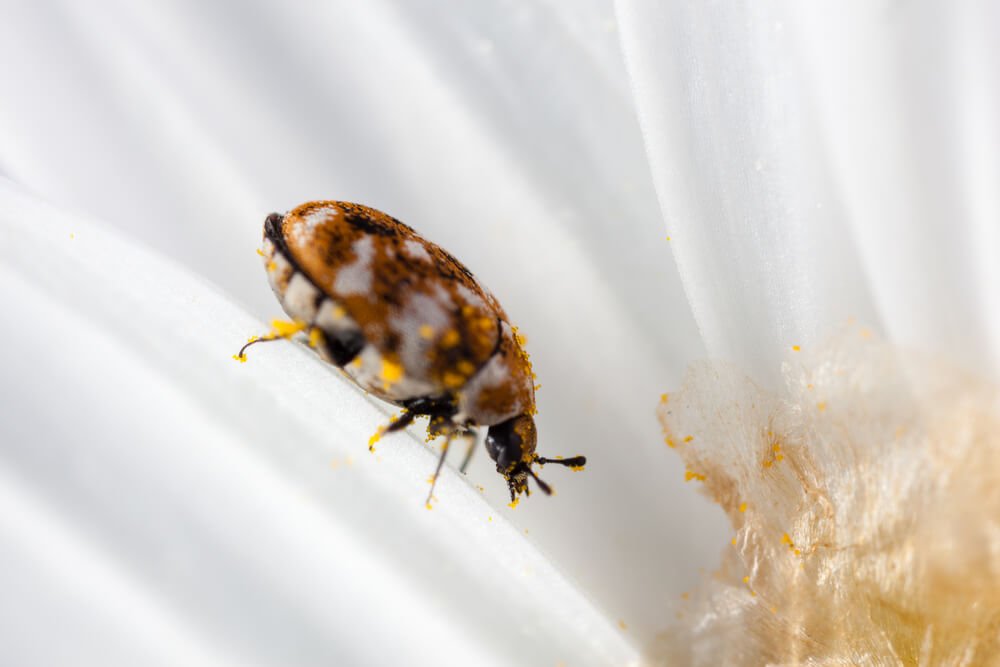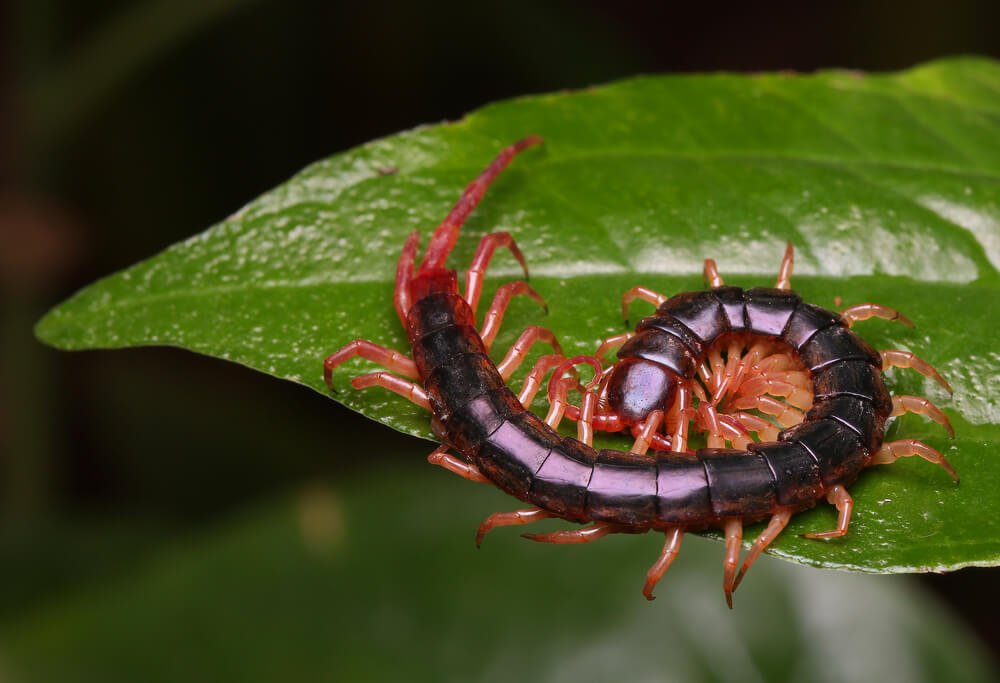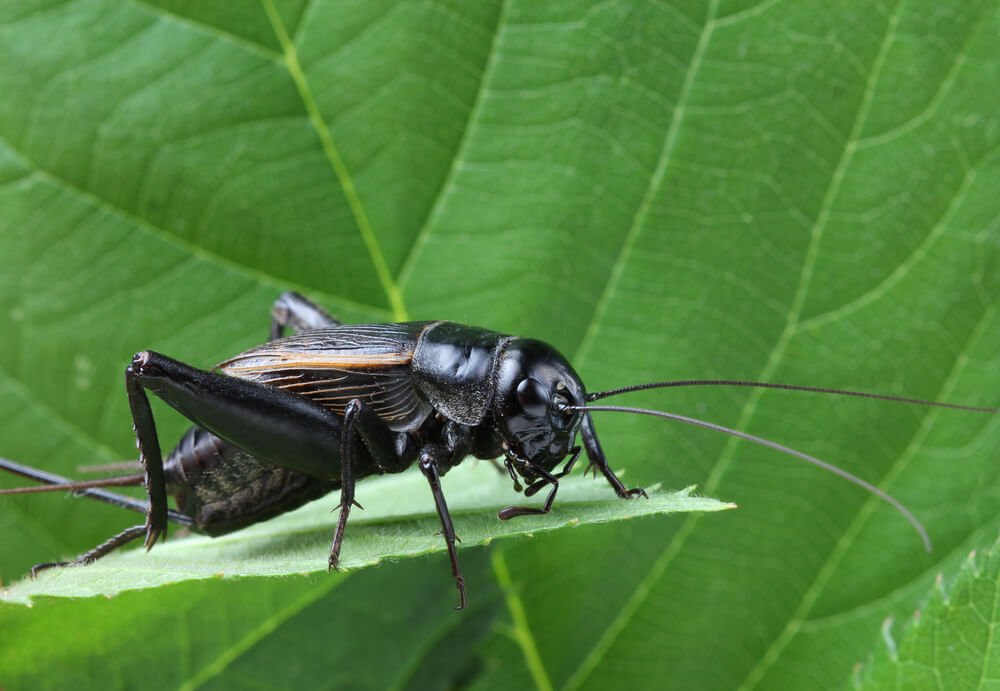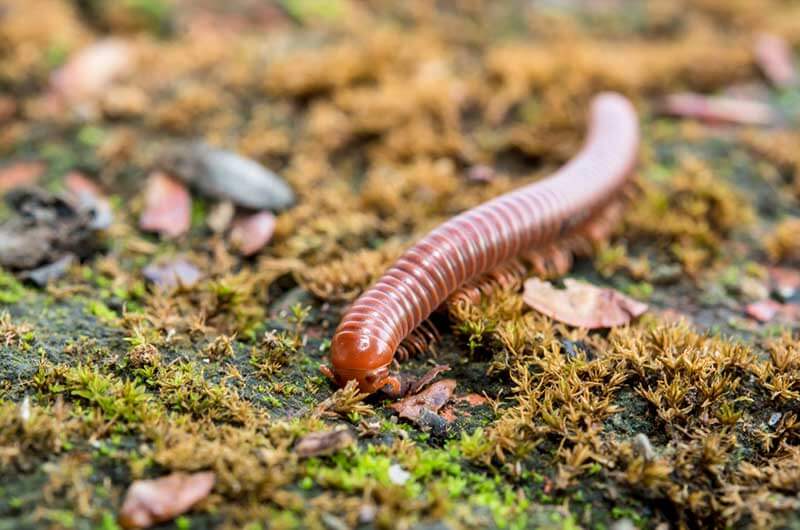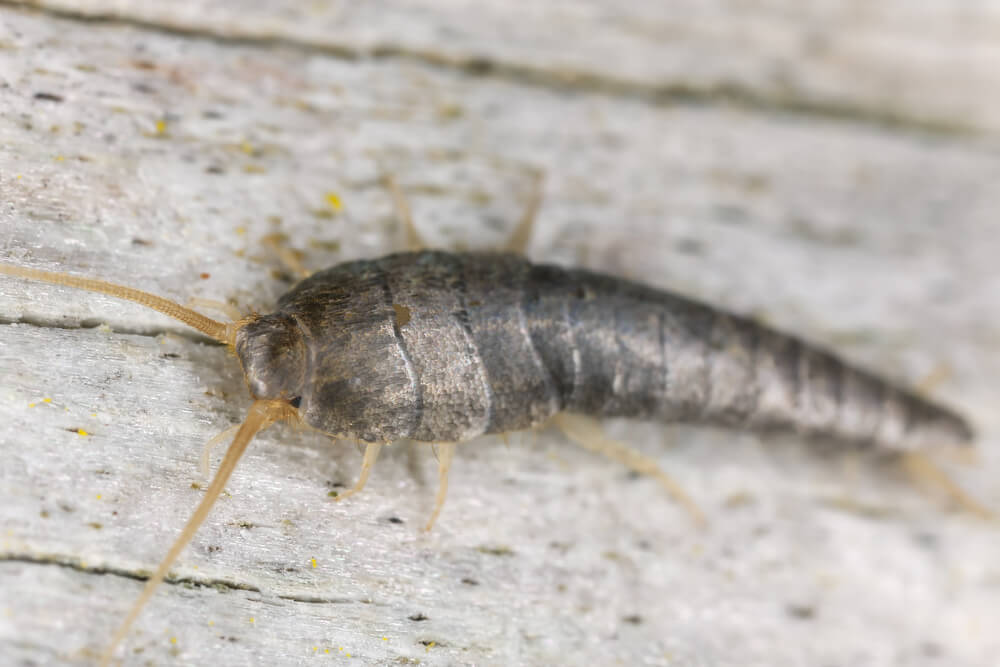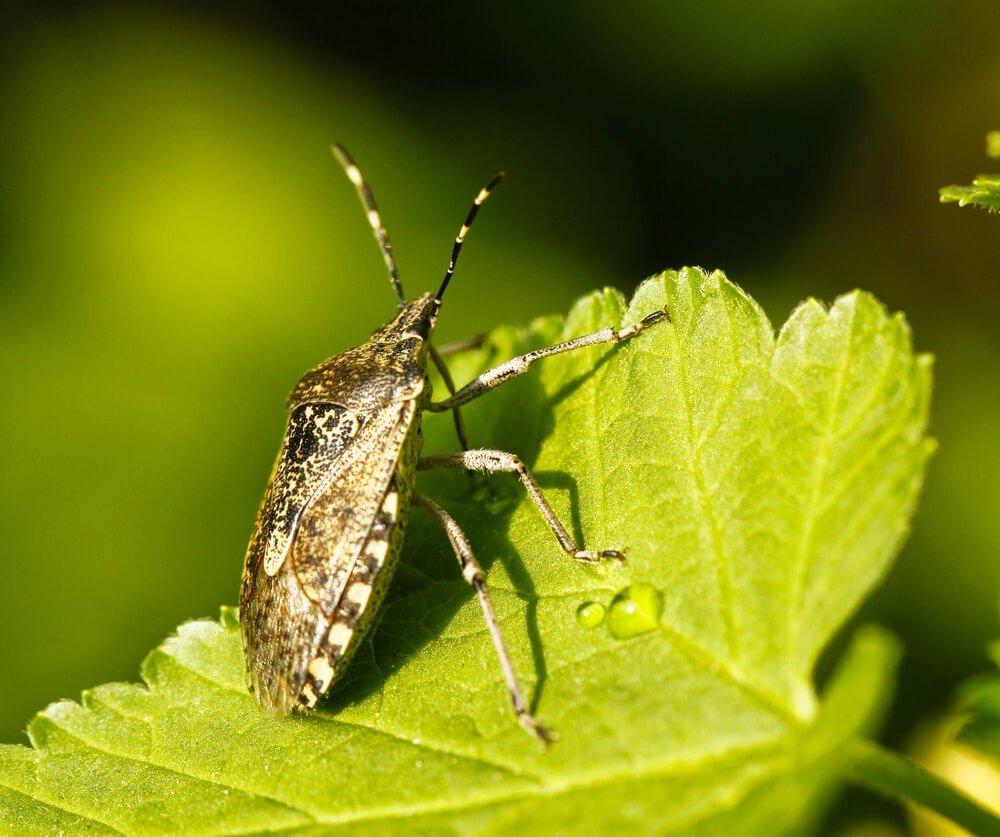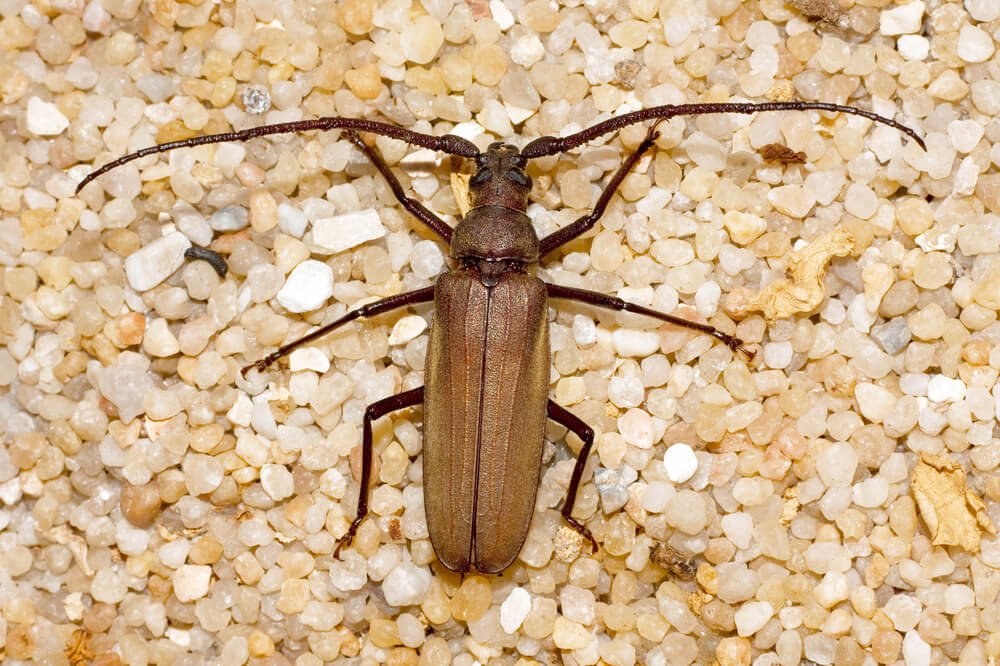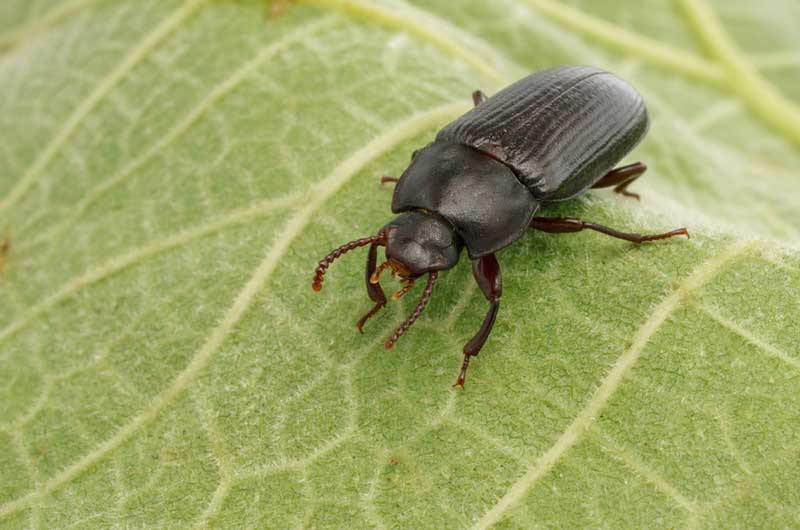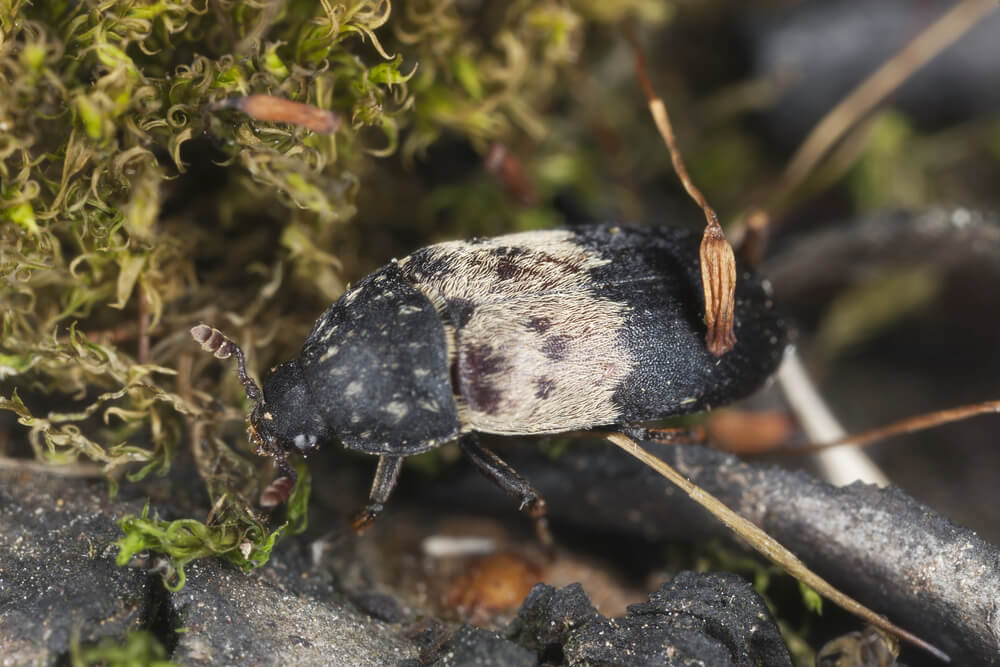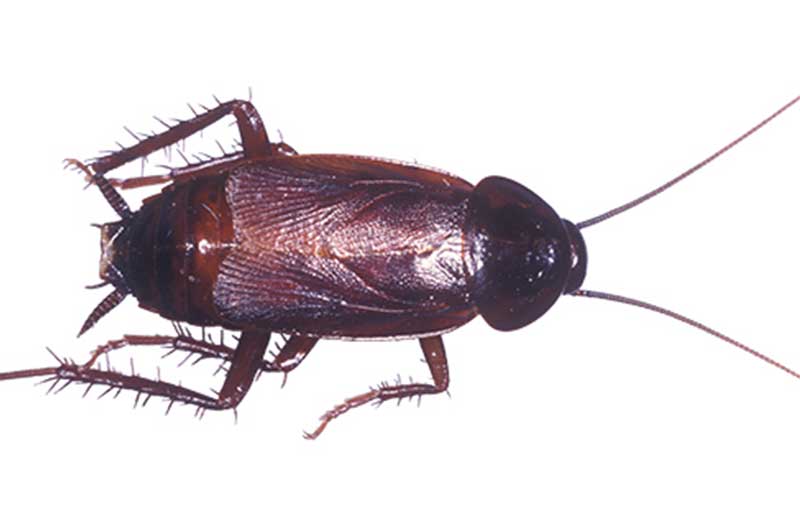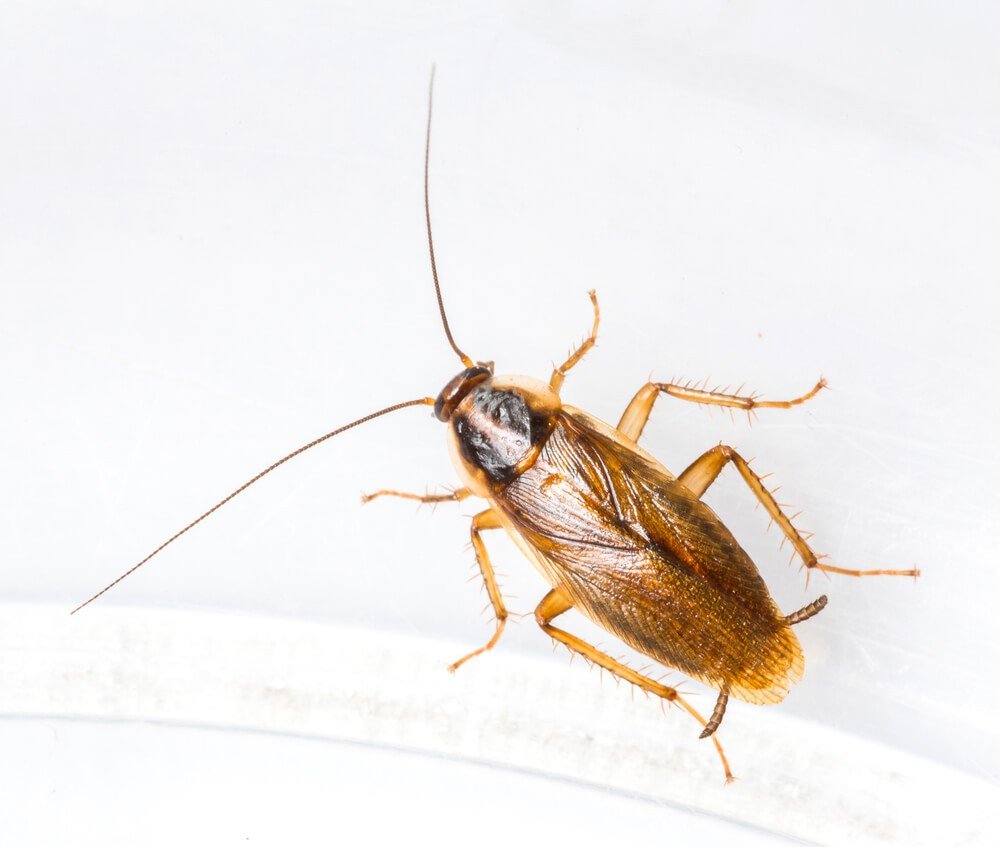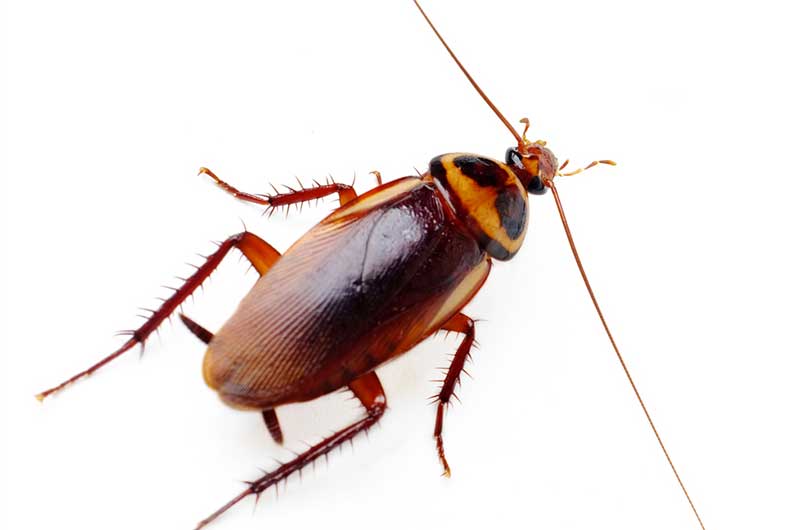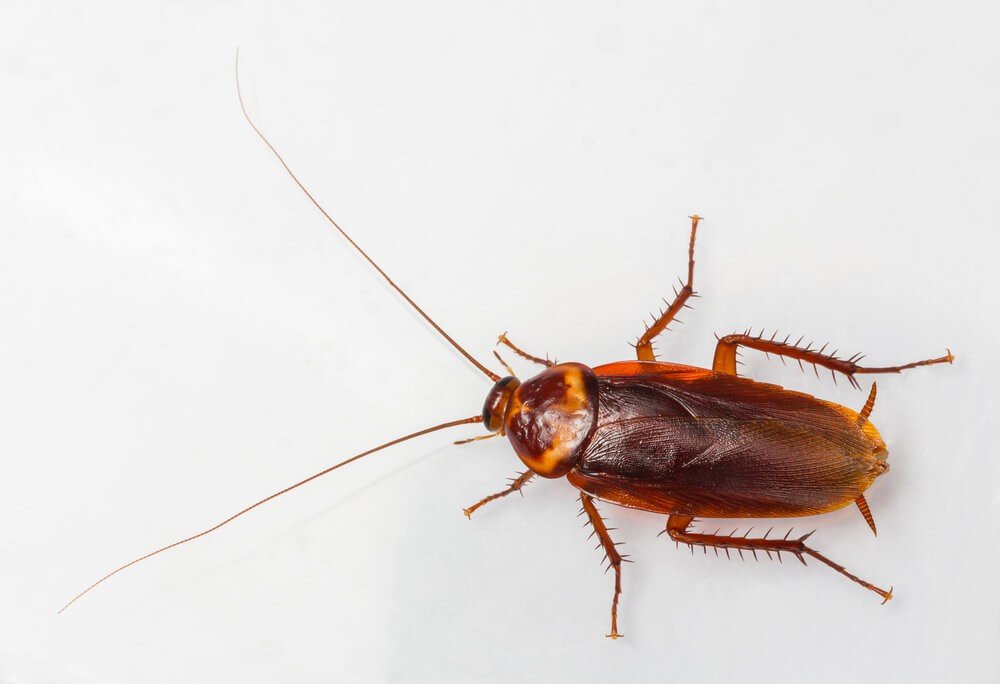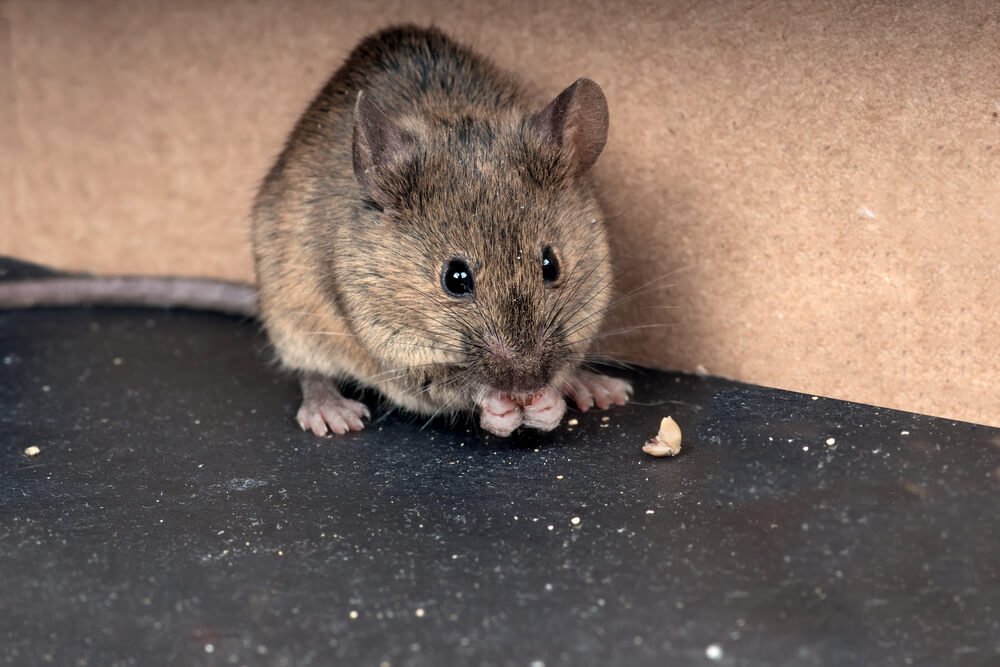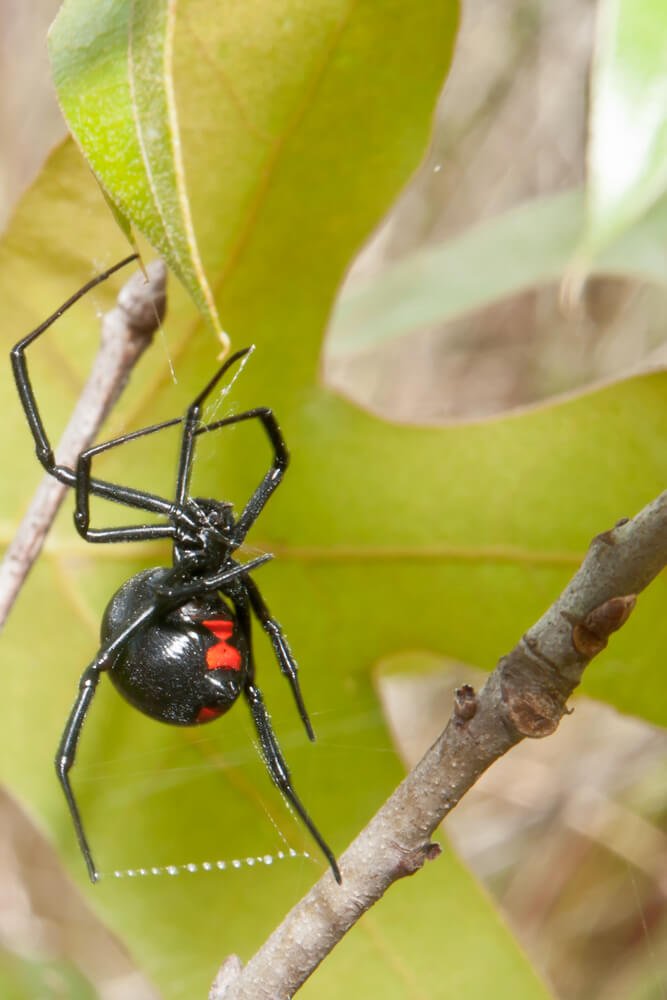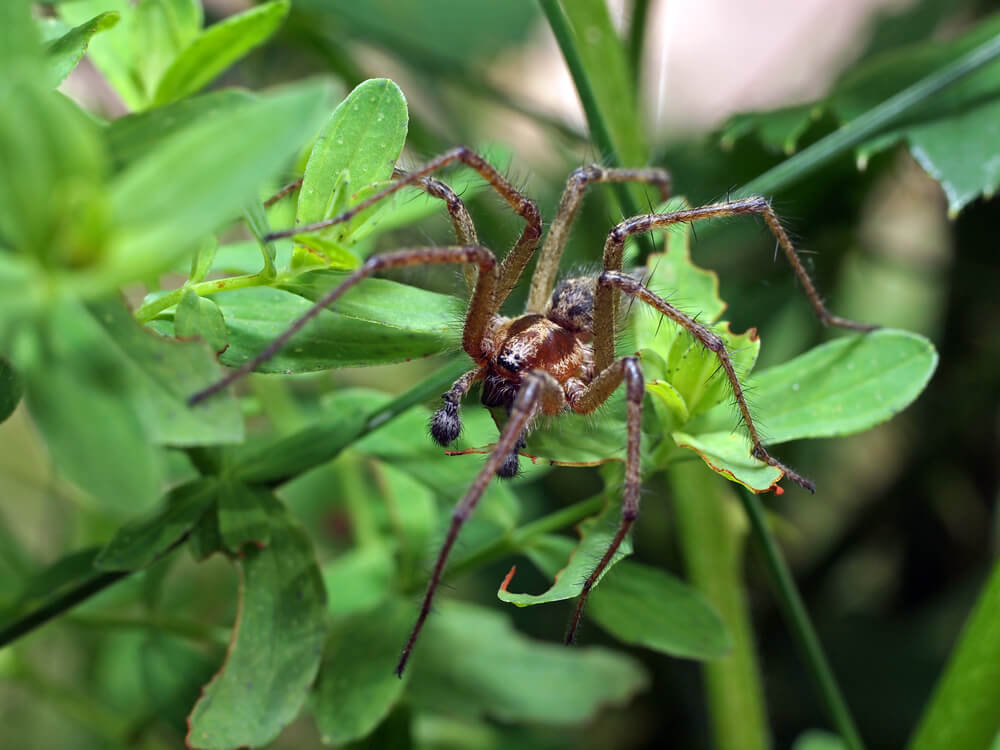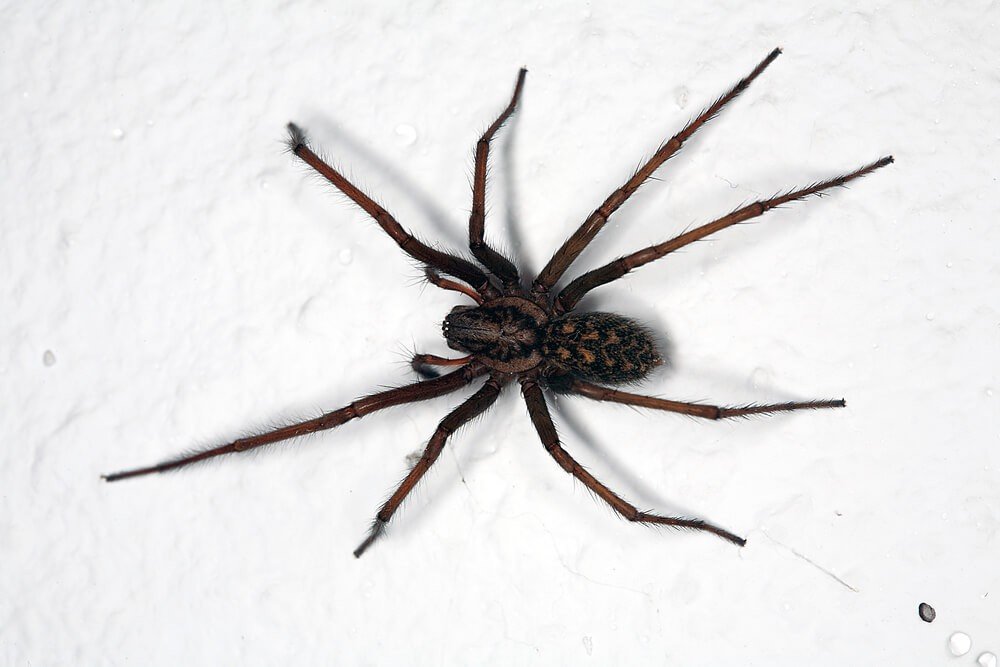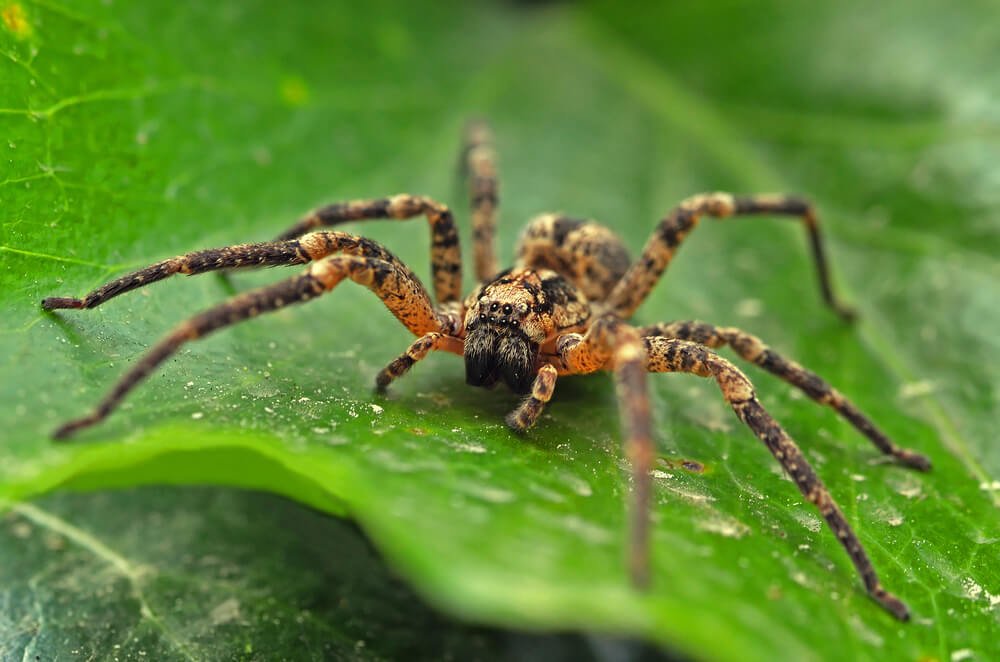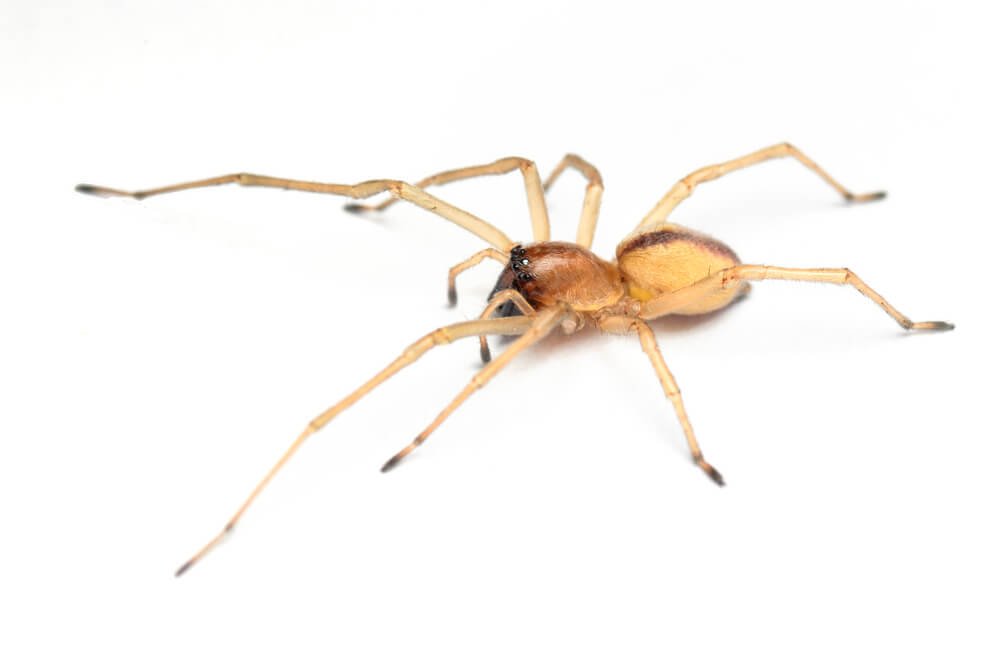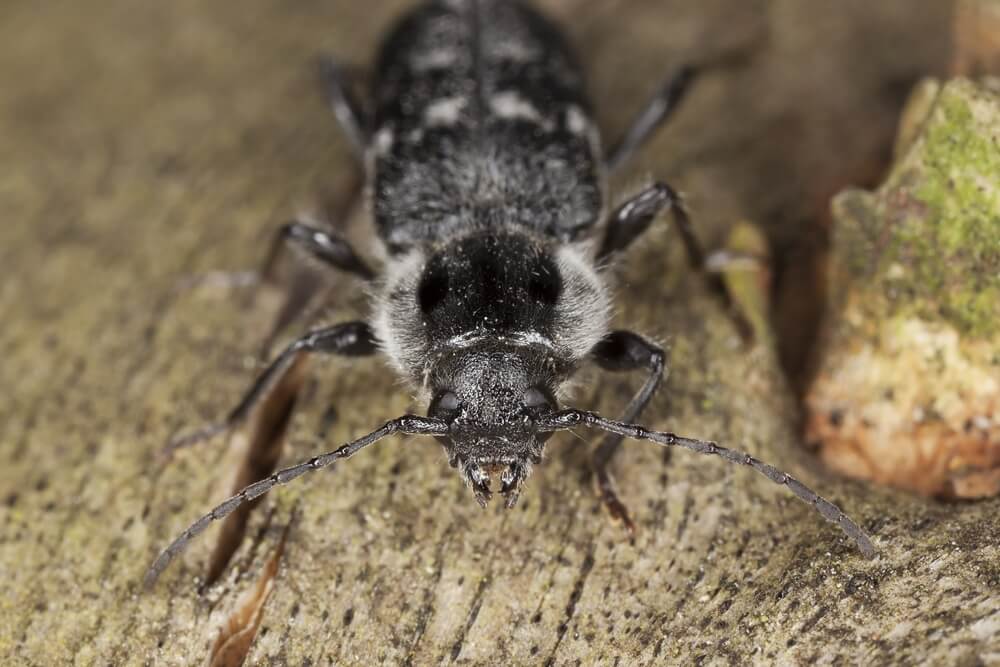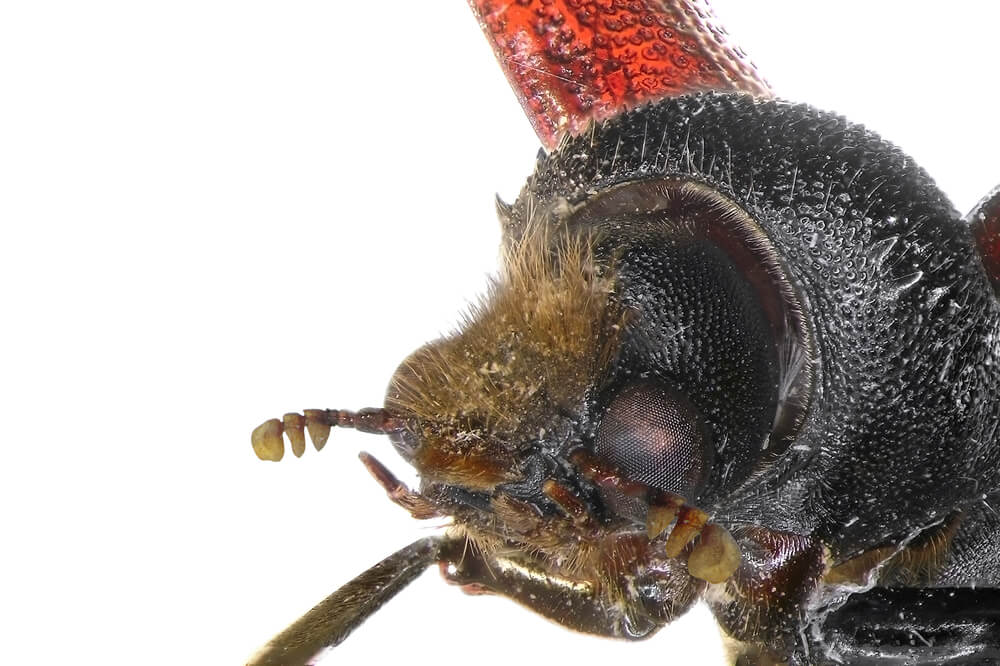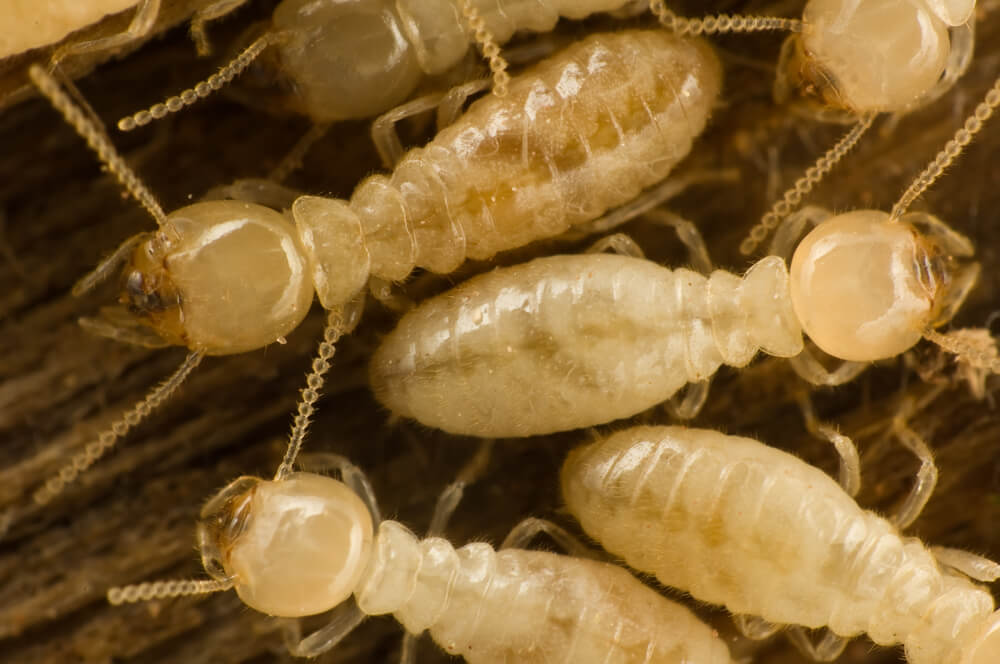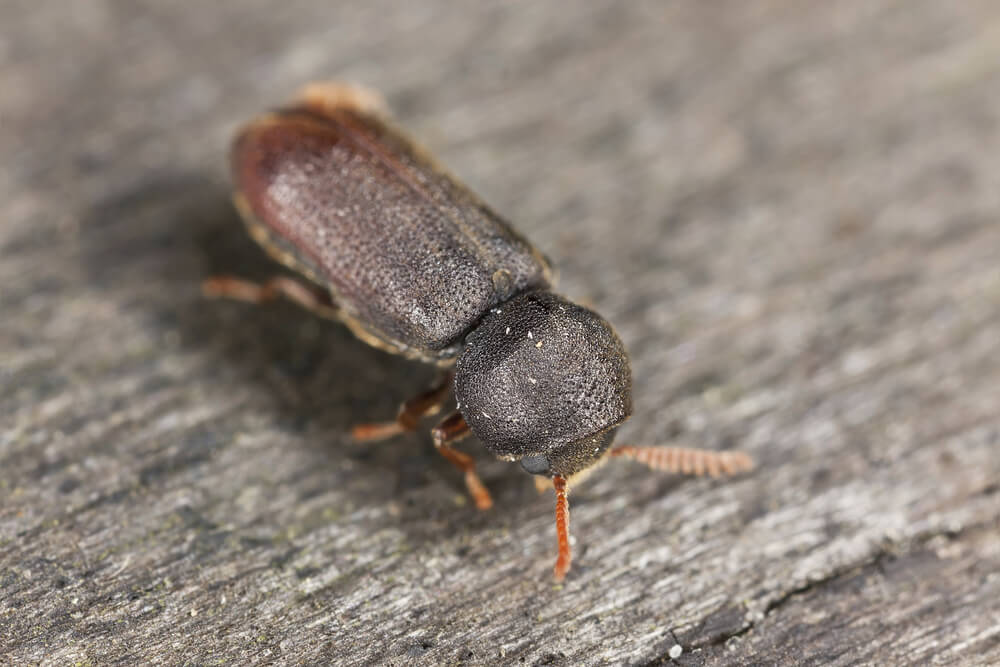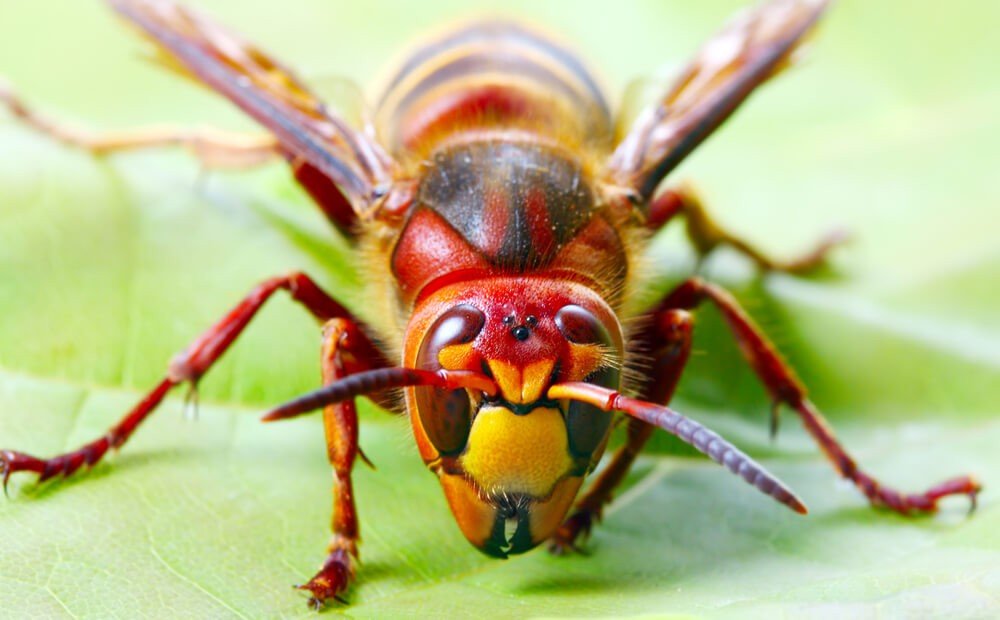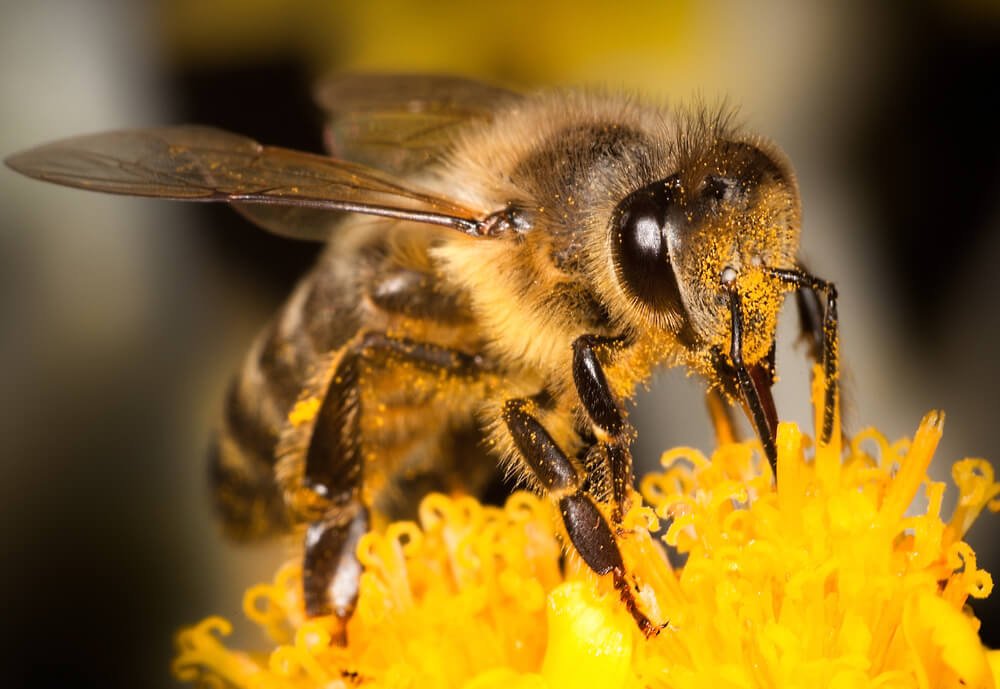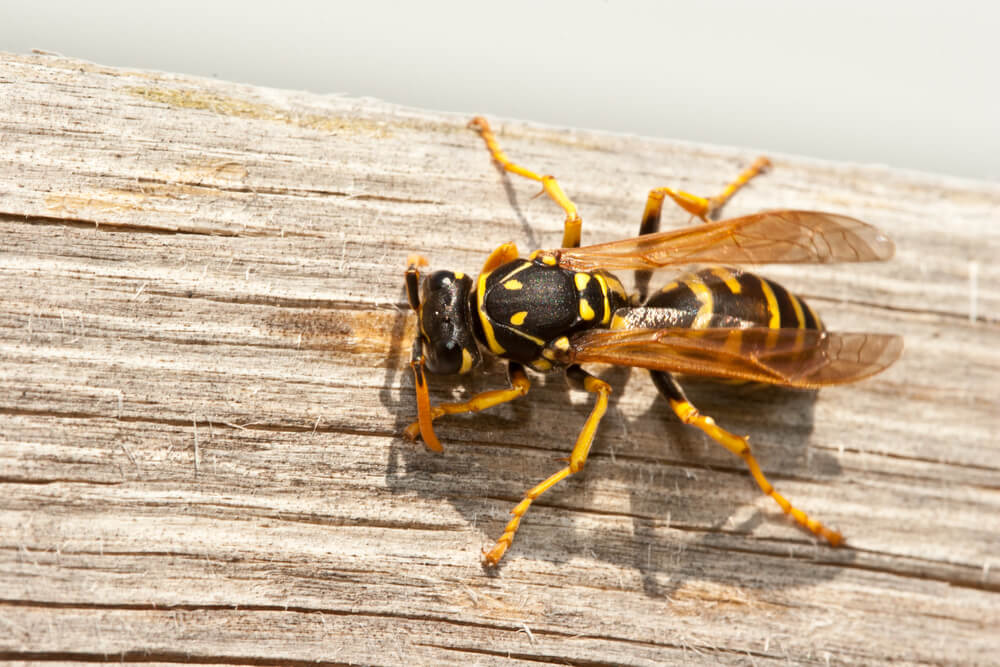4 Common Questions Homeowners Have About Flea Pest Control
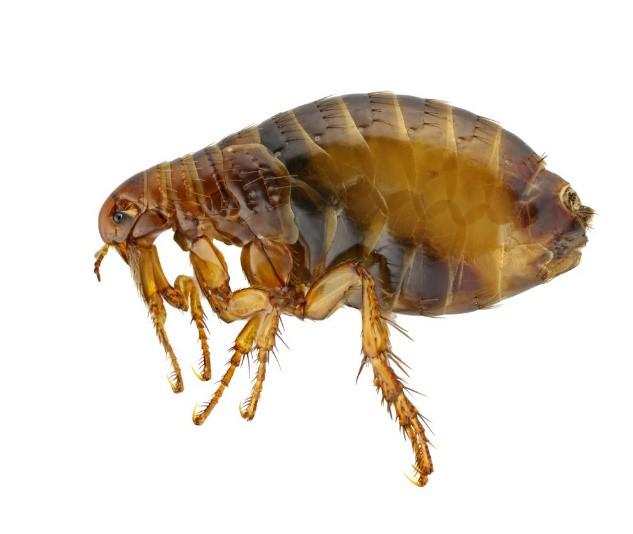
You might think of fleas as something that only your pet gets, but fleas can affect you too. Discover what to know about fleas with these four common questions that homeowners ask about flea pest control.
1. How Do I Know If I Have a Flea Issue?
Fleas are very small, so they can be hard to detect. However, you do have some ways to determine whether your home has a flea problem.
As fleas tend to congregate on cats and dogs, a good way to check for fleas in your home is by checking for fleas on your pet. Some telltale signs on your pet that indicate they have fleas include:
- Your pet suddenly starts to scratch or bite various parts of their body.
- Your pet has missing hair.
- Your pet has pale gums (especially smaller cats or dogs).
- Your pet has irritated skin with small red dots or scaly spots.
- Your pet has visible fleas crawling on them.
While looking over your pet is often a good place to start looking for fleas, these nasty pests can migrate to your home and yard. Other ways to discover a flea infestation on your property is:
- Flea dirt: These dried blood specks can be brown, black, or red. They can be anywhere from your pet’s fur to your furnishings.
- Flea eggs: Flea eggs are small and oval in shape. They are often found in carpets or grass.
- Flea bites: Besides your pet, you yourself might have flea bites. These bites are often below the knee, itch, and are small in size and red in color.
If you notice any of these signs, you more often than not have fleas on your property.
2. What Health Risks Do Fleas Present?
Besides the annoyance of scratching, you might not think fleas are a dangerous pest. While many fleas are just nuisances, some fleas are not.
For animals, fleas can cause dermatitis. This causes irritated and inflamed skin, and pets then become restless and can suffer hair loss. Additionally, fleas can also cause heartworm or tapeworm in pets too.
For people, fleas can cause anything from tapeworm to Bubonic plague. The Bubonic plague is notorious for its historical outbreaks where fleas infested rats that, in turn, infested humans. Typhus is another flea-to-human disease.
If you or your pet have any of these health issues, see what the vet or your doctor say what could have caused them. If fleas are a primary culprit, a pest control professional should treat your home.
3. How Can You Treat a Flea Infestation?
As fleas are small, they might seem hard to get rid of. However, with thorough pest control, you can find relief from fleas.
Pets that suffer from fleas will benefit from veterinarian treatments such as shampoo, combs, or oral remedies. If fleas have spread in your home, start with vacuuming, washing bedding, and cleaning your house. For yard infestations, mow the lawn, buy nematodes, and spread cedar chips.
However, the most effective method to banish fleas from your property altogether is with professional flea control. Chemical treatments that work for several days and on both adult fleas and flea larvae will make the most impact. If fleas continue to be an issue, re-treatment is often necessary.
4. Who Can I Contact About Flea Pest Control?
If your pet, home, or you have signs of fleas, don’t just let them take over. Instead, turn to the flea pest control experts at PermaTreat Pest and Termite Control. We can treat your home and exterminate fleas once and for all. Contact us now for a free quote.






